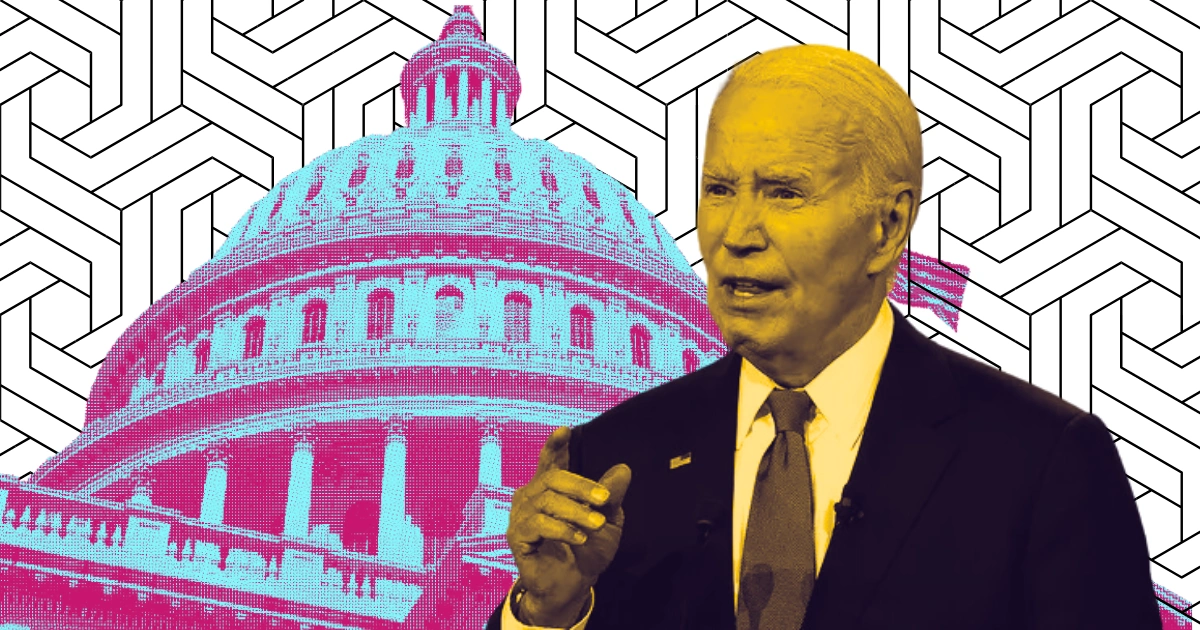A decisive majority in the U.S. House of Representatives voted against the veto of the SAB 121 resolution, yet the effort fell short of the necessary votes to overturn it. Lawmakers voted 228-184, failing to reach the supermajority required to override President Joe Biden’s veto.
Read more to understand how the battle lines are being drawn.
Biden’s Controversial Veto
Earlier this year, President Biden vetoed a bipartisan Congressional effort to nullify the SEC’s Staff Accounting Bulletin 121 (SAB 121). This bulletin mandates that public companies ensure transparency about the management and potential risks of safeguarding customers’ crypto assets. However, it has sparked controversy, with concerns that it may hinder banks from protecting digital assets.
The resolution to overturn SAB 121 was introduced in February. By May, the House voted 228-182 in favor of overturning the bulletin, with significant Republican support and 21 Democrats joining the effort.
The Senate followed suit, approving the resolution with a 60-38 vote as several Democrats sided with Republicans. Despite this, President Biden vetoed the resolution.
Falling Short of the Supermajority
Overturning the veto required a two-thirds majority in both houses of Congress—67 out of 100 senators and 290 lawmakers in the House. In the House, 21 Democrats and 207 Republicans voted in favor, while 183 Democrats and one Republican opposed it. Notably, Congressman Drew Ferguson of Georgia mistakenly voted against the measure but intended to support it, according to his office.
The ongoing debate over SAB 121 underscores the deep divide among U.S. policymakers regarding cryptocurrency regulation. While some crypto advocates and lawmakers view the regulation as overly harsh and restrictive, the inability to overturn the veto highlights the slow pace of change in addressing industry concerns.
Supporters vs. Opponents
Supporters of the resolution have criticized Biden’s veto as a missed opportunity to reform what they see as an excessively burdensome regulation. Conversely, opponents argue for maintaining regulatory clarity and investor protection in an evolving digital economy.
This tug of war reflects the broader struggle to balance innovation with regulation in the rapidly growing crypto sector.
Also Check Out: SEC Eases Crypto Reporting Requirements: How Banks and Brokerages Can Benefit
Should crypto be more transparent? Let us know!
Credit: Source link















































